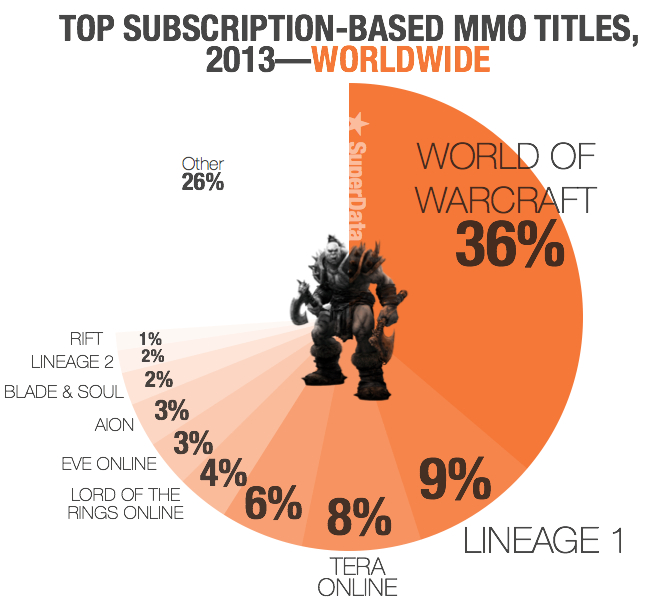Watch Dogs didn’t need to hack into your bank account because you gave up the money willingly to Ubisoft.
Digital game sales didn’t smash any records in June, generating a slight year-over-year increase of $774 million in spending, according to a report from industry-tracking firm SuperData. This is up 4.6 percent from the same period in 2013. That increase is largely to due the debut of Watch Dogs, which generated millions in spending by itself with full-game and downloadable-content sales. Developer Glu Mobile’s Kim Kardashian: Hollywood for mobile was another new game that brought in significant digital revenue.

Unlock premium content and VIP community perks with GB M A X!
Join now to enjoy our free and premium membership perks.
![]()

![]()